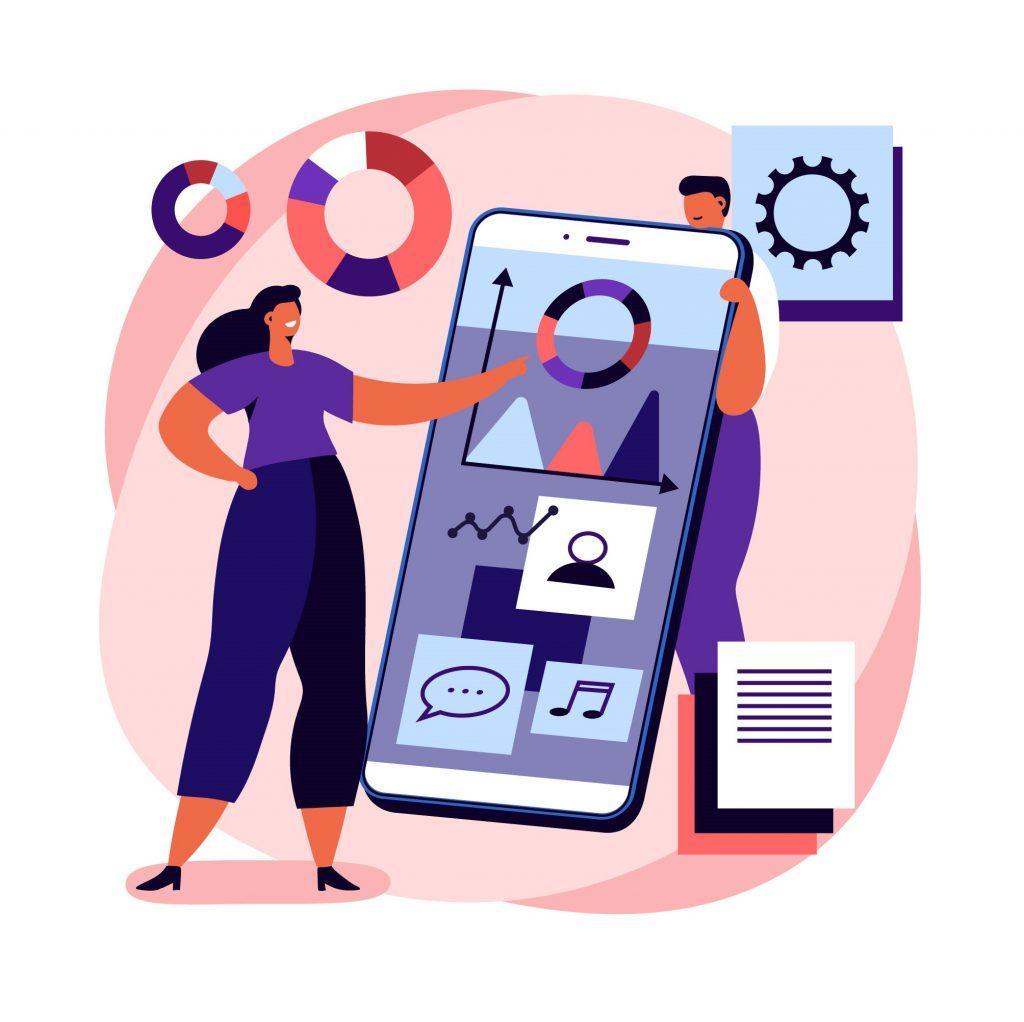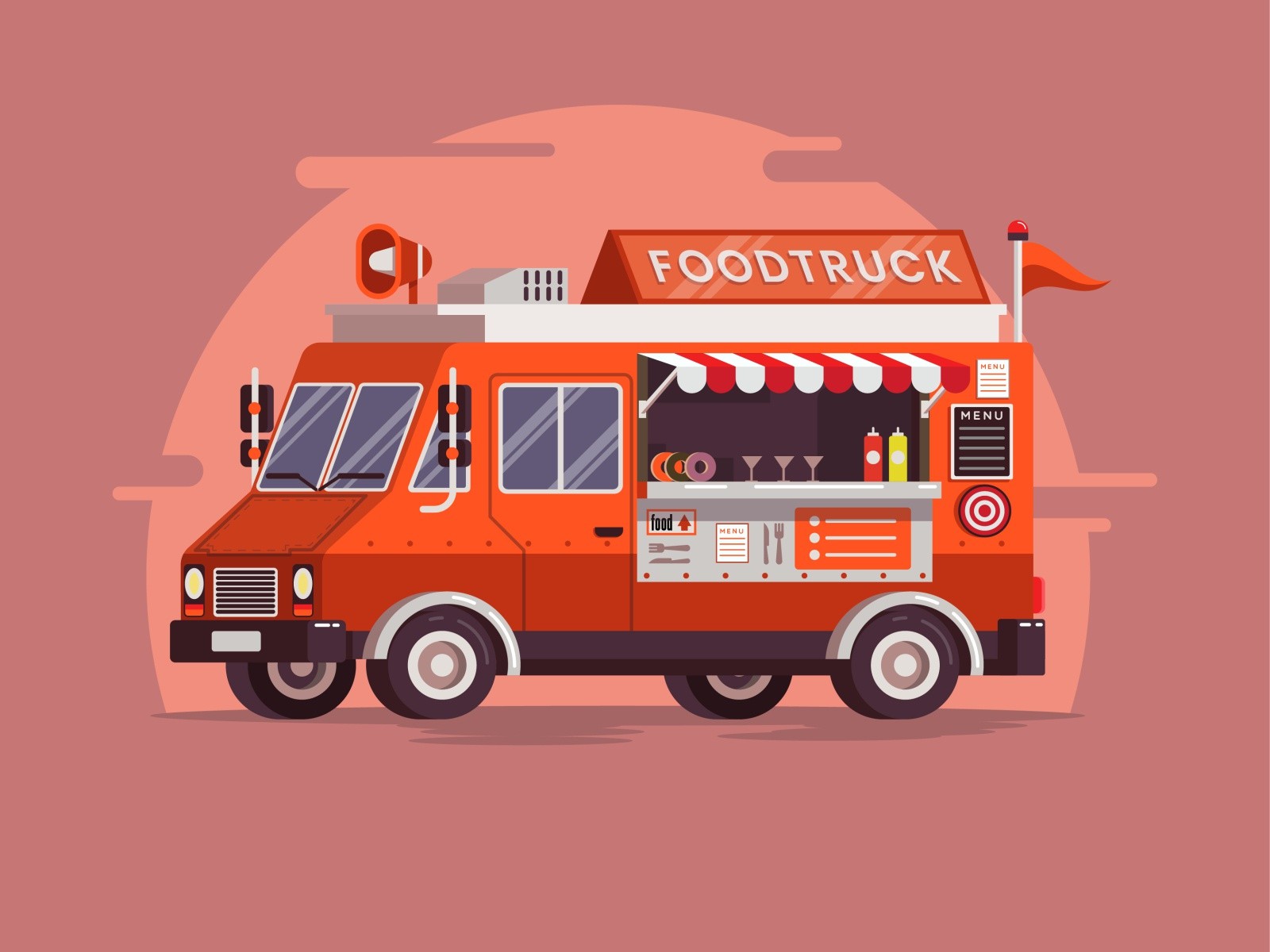
How to Start a Coffee Shop

Setting up a coffee shop is very profitable, but only with the right approach. Stop by any successful coffee shop, and you’ll notice a multitude of clients drinking cappuccinos and enjoying a treasure trove of scrumptious desserts. Wi-Fi and other client-friendly perks have long become habitual, for coffee shops often function as meeting places.
Serving top-notch coffee and treats in a charming, laid-back atmosphere can grow into an economically viable business. So, if coffee is something that tickles your fancy — and if you’re seriously considering transforming it into a business opportunity, you’ve come to the right place. In this piece, we’ll provide some excellent tips for starting a coffee business like a pro.
Without further ado, here’s a brief overview of your major steps:
- Research extensively and work up a business plan.
- Pick a concept, get to know your potential clients.
- Find reliable suppliers.
- Source startup capital.
- Find the right commercial space.
- Apply for all the necessary licenses.
- Design an interior.
- Purchase basic equipment.
- Find employees and invest in training them.
- Get ready for the grand opening.
- Invest in marketing.
- Develop a loyalty program.
- Install a trusted POS system.
- Install an app to control your finances, for example, Saldo Finance.
Keep reading to learn the fundamentals of opening your own coffee art meeting hub and taking it to the next level.
Create coffee shop business plan
A smart workplan is the first step towards owning a coffee shop on a long-term basis. The plan should be both solid and flexible, providing you with a grounded foundation — along with sufficient room for change.
Your workplan will spell out:
- the details about your operation;
- its milestones, goals, and creative vision;
- potential expenses and risks;
- your target audience;
- your competition analysis;
- your revenue forecasts.
A good workplan helps you conduct quality competition research, work up your menu, analyze your capital, and arrange your ownership framework. In addition to this, it will aid you in finalizing your concept i.e., determining the exact type of space you want to open: bakery cafe, coffee kiosk, a drive-through coffee stand, or, say, an espresso catering business.
Coffee shop startup costs
What do you need to start a coffee shop? You need funding, that’s a given. Naturally, you may start wondering about how much the whole thing costs. That is determined by an array of variables, such as your whereabouts, the size and the type of commercial space you’re on the prowl for. Generally speaking, the total price may range from $90,000 to $500,000.
Take the following types of expenses into account in order to be able to count it all errorlessly:
- excellent space rent costs;
- equipment prices;
- expenses on food and beverages;
- furniture and interior design accessories;
- professional fees for every specialist you’ll work with;
- employee training expenses;
- the price of a high-quality inventory management system.
The total amount you’ll need may seem overwhelming at first. A minimum of $90,000 to start a small business sounds like too much. Nevertheless, you shouldn’t forget that, unlike other types of business, coffee shops come with a very high potential for a hefty payoff on your investment. So, if you have justified faith in your entrepreneurial spirit, you’re free to do your homework and take action.
What licenses do you need to open a coffee shop?
As you’ve probably guessed, setting up your own business is a fantastic adventure. No doubt, it requires hard work, a lot of which suggests obtaining all the necessary docs from the local agencies. If you don’t acquire these documents, you may face major fines or even end up with a shut-down business.
Wondering about the must-obtain coffee shop licenses and permits in your case? That depends on the state you live in. The majority of states require you to obtain a so-called seller’s permit, which allows the authorities to keep records of your operation and collect taxes from your sales. Other documents include:
- Food Handlers Permit;
- Foodservice License;
- liquor licenses;
- health permits;
- liability licenses etc.
For a complete list of licenses and regulatory requirements, please get in touch with your state government.
List of equipment for coffee shop
Coffee art requires experienced baristas and specific equipment. Therefore, outfitting your commercial interior with all the needed machines is a must-do. This approach is sure to bolster your business and ramp up your revenue flow. With that said, you’ll definitely need top-level coffee brewers and espresso machines to whip up your frothy cappuccinos and creamy lattes.
This shopping list will help you on your way to learning how to own a coffee shop:
- coffee brewing beasts;
- coffee bar accessories;
- ovens and microwaves;
- freezers and refrigerators;
- tons of prep tools and surfaces;
- safety accessories;
- various types of sinks;
- servicewear;
- best coffee shop POS system for your niche.
Finally, yet importantly, you’ll need reliable software that’s far beyond simply ringing up sales. With high-quality data analytics software, you’ll save lots of time tracking your inventory, keeping tabs on your operation analytics, monitoring your revenue, automating employee management, and even accept payments on the go, irrespective of your current whereabouts. In other words, with excellent coffee shop POS systems like ORTY, your business is bound to flourish.
Once you cope with all the aforementioned steps of becoming your own boss, you’ll need to place laser-like focus on advertising yourself. Establish a solid online presence, offer extra discounts and incentives to your returning clients, and spark their interest in the most creative ways available. Remember that your competition is fierce and always eager to improve, so never compromise on quality. Experienced, friendly employees, excellent coffee, and a welcoming atmosphere will guarantee you plenty of attention — and a significant boost in profit.

Kaitlin Keefer
Kaitlin is an editor at Square where she covers everything from how small businesses can start, run, and grow, to how enterprise companies can use tools and data to become industry leaders.





